I feel an intense antipathy for Vladimir Putin. No one on the international scene has aroused in me such dislike since Stalin died. Though not a mass killer on the Stalin scale, he has the same indifference to human life. There is a Stalinist streak of gangsterism too: his ‘loyalists’ wear masks as well as carry guns. Putin also resembles Hitler in his use of belligerent minorities to spread his power. Am I becoming paranoid about Putin? I hope not. But I am painfully aware that he would not matter if there was a strong man in Washington. As it is, President Obama is a feeble and cowardly man who makes even Jimmy Carter seem bold by comparison. He is running down America’s strategic capabilities while giving anaemic moral lectures. That he should have been elected twice tells us something disturbing about the American people. He is also unpredictable, may suddenly change his tone and decide on a show of force. This could detonate a nuclear war. It is weak men who get us into world wars by accident.
Angela Merkel I admire, but she is too burdened by Germany’s horrific past to take a strong line. The European community is a study in nugacity. François Hollande cannot control his own petulant females. The new man in Rome promises well — my friend Carla Powell swears by him — but will take time to acquire weight. In London the amiable but accident-prone David Cameron coasts to inevitable defeat. The only master politician in play at the moment is Nigel Farage. But he has no long-term vision. Happily there is our friend Boris. He still believes he can take on the Tory party without spilling Cameron’s blood. Not so. He must make up his mind and strike. He is the only tough guy of his generation with the skills and dynamism of a Lloyd George, and will make an admirable party leader, prime minister and summiteer. I can see him putting Putin firmly in his place. But he must act soon. Magic moments in politics are easily missed.
Everyone I know is involved in exams. With ten grandchildren, I know what it is like: horrible. I find the questions they are asked totally beyond me. I was well educated by the Jesuits at Stonyhurst, and at Oxford under A.J.P. Taylor. Ever since, I have been desperately trying to add to my knowledge. That is why I write books. I recently completed my 50th. In the last five years I have done short biographies of Churchill, Socrates, Darwin, Napoleon and Eisenhower, two of them bestsellers. But when I pick up a history exam paper I am baffled. As Denis Thatcher used to say, something wrong somewhere?
I may have a go at Shakespeare next. Tiny but cumulatively important additions to our understanding of him have accrued recently. It is nearly 70 years since I played Hamlet to a schoolboy audience. I then knew the play by heart. If done in full, and at normal speed, it takes five hours. Yet it is virtually all good, and to cut is cruelty. What I did was to follow John Gielgud’s method of singing/whispering his lines at a top rate, so that the intuitive sense, if not the precise meaning, comes across. He told me: ‘Let’s not pretend most people understand every line of this diabolical play. But it’s important they think they do. That’s the job of a good actor — deception.’
Rupert Brooke is enjoying a revival, thanks to Max Egremont’s critical anthology of Great War poets, Some Desperate Glory. He died of an insect bite on his way to the Dardanelles in 1915, like Byron robbed of his battlefield apotheosis. It was an event at the time. Dean Inge preached about him to a packed congregation in St Paul’s. Maynard Keynes wept. D.H. Lawrence roared and howled. Churchill wrote his obit in the Times. His reputation sank in the deadly years between the wars. Now it is all coming back, and his sonnet ‘The Soldier’ is celebrated once again as one of the best short poems in our language. I know it by heart, and often put myself to sleep by reciting it.
Another personality enjoying a revival is the artist Eric Ravilious, whom I rate the finest watercolourist of the last century. He was killed during the last war flying near Iceland, but not before he had done a dozen superlative studies of ships, aircraft and guns. These include a seascape, ‘Norway 1940’, now in the Laing Art Gallery, Newcastle, which is a masterpiece. I would give anything to have watched him at work, and seen how he achieved his dry-brush effects. A Ravilious watercolour, if it ever came on the market, would fetch between £20,000 and £50,000. Would that I possessed one. But I have the next best thing — three volumes of his collected works, produced by the Fleece Press of Upper Denby, the last one of which I had bound myself. Ravilious’s death, at the height of his powers, is the greatest artistic loss we suffered in the second world war.
Got something to add? Join the discussion and comment below.
Get 10 issues for just $10
Subscribe to The Spectator Australia today for the next 10 magazine issues, plus full online access, for just $10.
Paul Johnson is a former editor of the New Statesman, and recently completed his 50th book.
You might disagree with half of it, but you’ll enjoy reading all of it. Try your first month for free, then just $2 a week for the remainder of your first year.

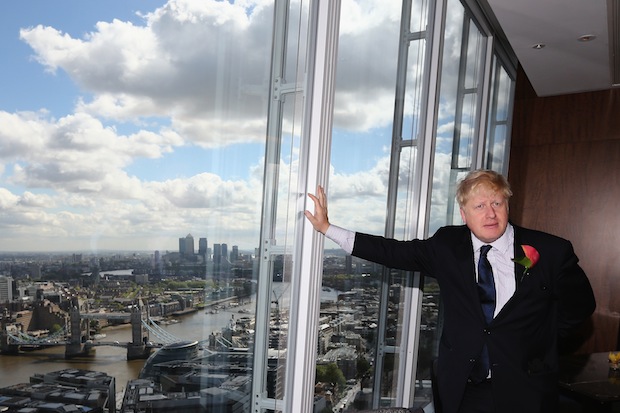
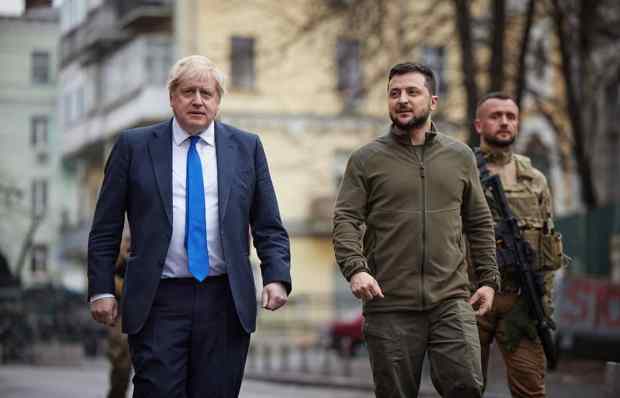
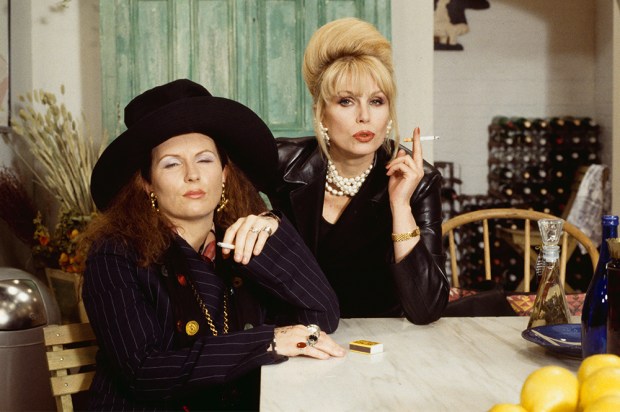

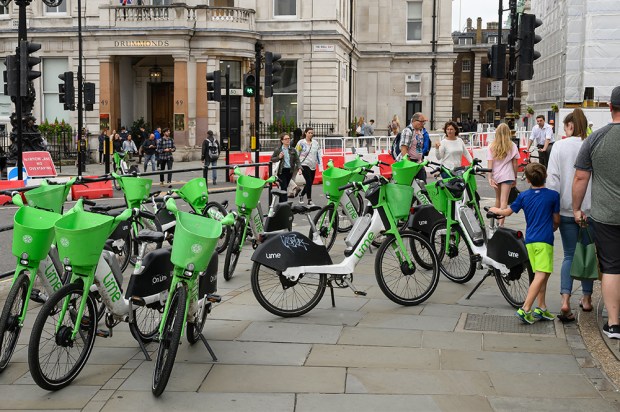

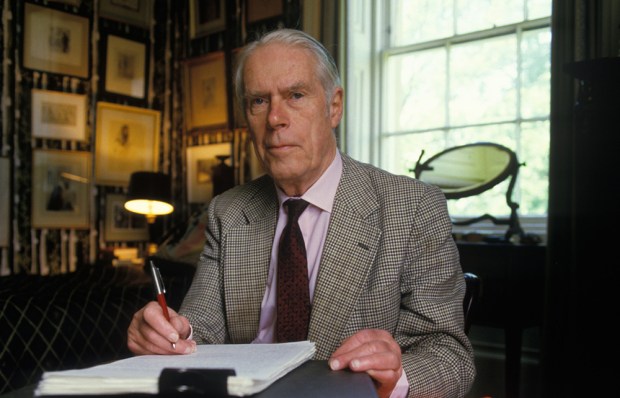






Comments
Don't miss out
Join the conversation with other Spectator Australia readers. Subscribe to leave a comment.
SUBSCRIBEAlready a subscriber? Log in